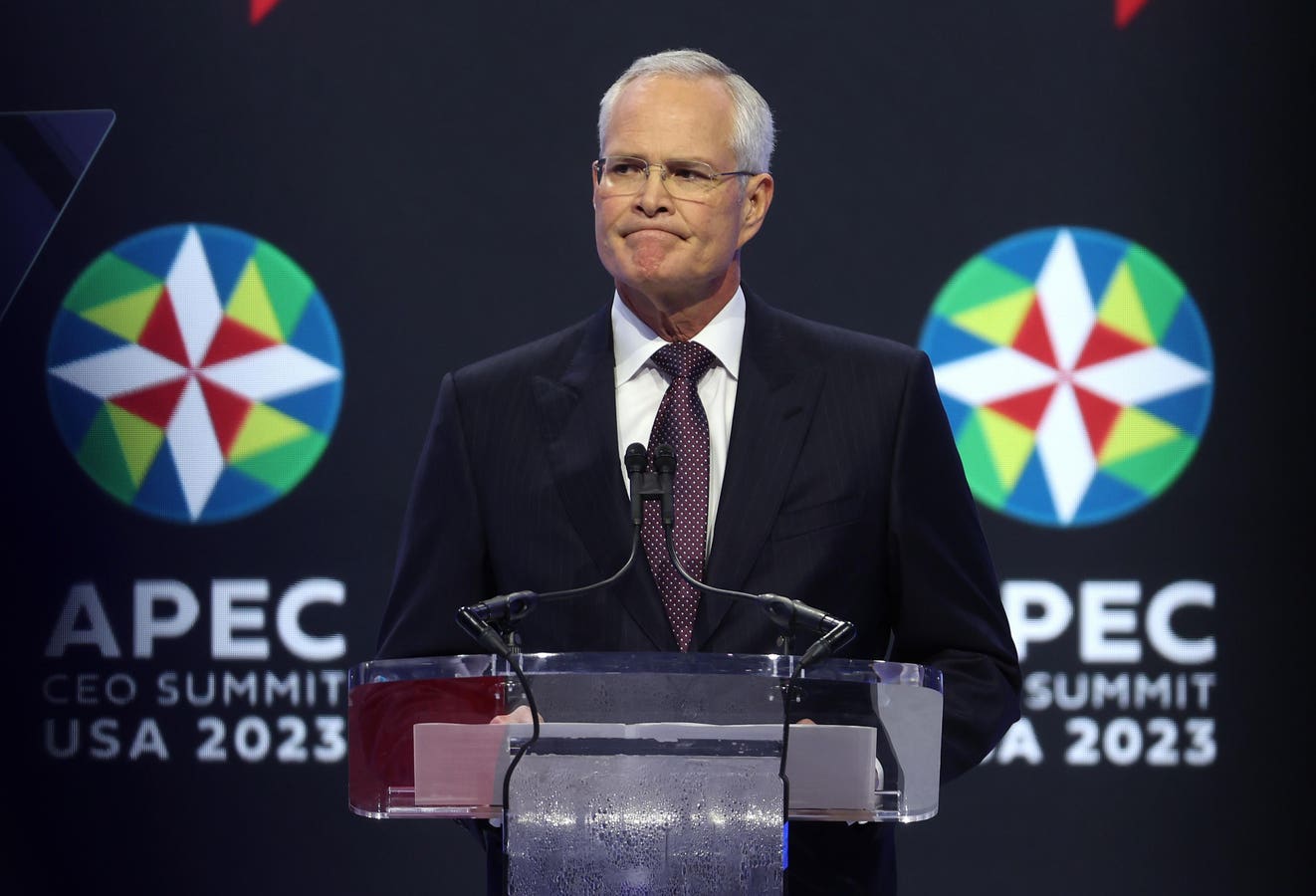
The Biden administration’s hopes for establishing ample domestic sources and supply chains for one of the critical energy minerals required to power renewables and electric vehicles got a boost recently from a seemingly unlikely source: Houston-based ExxonMobil
XOM
. The nation’s largest major oil company announced the commencement of a project that, if successful, will also make it a major supplier of domestically produced and processed lithium, a metal needed mainly as a key ingredient in lithium-ion batteries, but also for other applications relevant to the energy transition.
The project involves drilling vertical wells into a deep underground saltwater resource called the Smackover in southern Arkansas. Once completed, the wells will bring the water to the surface where ExxonMobil will deploy a direct lithium extraction (DLE) technology to remove the metal from the brine.
The DLE process will be able to extract up to 90% of the lithium resource, which compares to roughly 50% recovered through the traditional process of using enormous evaporation surface ponds. In its release, the company points out that the process produces lower emissions and requires less land footprint than hard rock mining. Obviously, there are the added environmental and energy security benefits of supplying a domestic resource as opposed to importing it from distant lands through supply chains largely controlled by China.
“This project is a win-win-win,” Dan Ammann, President of ExxonMobil Low Carbon Solutions, said. “It’s a perfect example of how ExxonMobil can enhance North American energy security, expand supplies of a critical industrial material, and enable the continued reduction of emissions associated with transportation, which is essential to meeting society’s net-zero goals.”
Once the lithium has been removed, the water will be reinjected back into the deep (roughly 10,000 ft. on average) formation, and the recovered lithium will be converted onsite into a battery grade material. ExxonMobil says if the project goes according to plan, it will become one of the country’s leading suppliers of lithium by 2030.
There is every reason to believe that this project will be a success. The magnitude of the Smackover resource has long been understood, and from a process, scientific and technological standpoint, it appears to be right in the ExxonMobil wheelhouse. When I pointed that out to Patrick Howarth, the company’s Lithium Global Business Manager in a recent interview, he confirmed that is no accident. “That’s really our low carbon strategy, to identify opportunities where we have skills and capabilities that we can bring to these important challenges, for example, lithium,” he said. “The world urgently needs more lithium. Its demand is anticipated to grow by four X by 2030. So, we need a lot more. North America needs a lot more.”
In that way, this lithium project echoes the company’s previously-announced low carbon ventures into the realms of hydrogen hub creation and carbon capture and storage. All three areas involve the kinds of major projects for which the company already has the expertise on staff to successfully design and execute.
Indeed, Howarth says the process, personnel and equipment involved in the drilling of these lithium wells will be essentially identical to the drilling of a 10,000 ft. vertical oil or natural gas well. Even the below-ground geologic structure itself is well-understood and has been targeted by oil and gas drillers for decades. The Arkansas Geological Survey says the Smackover formation was discovered in 1922 and has produced over 600 million barrels of oil since that time. In preparation for this project, ExxonMobil has secured leasing rights to 120,000 acres in Southern Arkansas.
Another unique advantage ExxonMobil brings to this specific project is its longstanding relationships with major carmakers. “We’ve got decades-long experience of developing automotive technology innovation with them, something we feel is a real differentiator for us,” Howarth says. This will no doubt be a key advantage for establishing a customer base for the lithium production. “We’re in discussions with automakers and battery makers,” Howarth adds. “We’ve seen really positive support from the potential customer base about the offering we’re bringing to market, so I anticipate ultimately a quite diverse portfolio of customers.”
The Bottom Line
There seems little doubt Howarth is correct when he points to the pressing need to bring additional volumes of lithium to the market in North America and globally. The new quantities must be massive if the Biden goals for rapid growth and adoption of electric vehicles in the U.S. are to be met or even approached in the coming decade.
In a speech delivered November 15 at the APEC Summit in San Francisco, ExxonMobil CEO Darren Woods talked about the central role the oil and gas industry must play to make this energy transition a success. In part, he said, “While renewable energy is essential to help the world achieve net zero, it is not sufficient – wind and solar alone can’t solve emissions in the industrial sectors that are at the heart of a modern society. The technologies ExxonMobil is pursuing can.”
This venture into the lithium space by the country’s biggest oil major shows just how essential companies like ExxonMobil, with all the technical, scientific, engineering, and project execution expertise they can bring to the table, will remain for decades to come. The simple reality is that this energy transition will not be possible without maintaining a healthy and thriving oil and gas industry.
